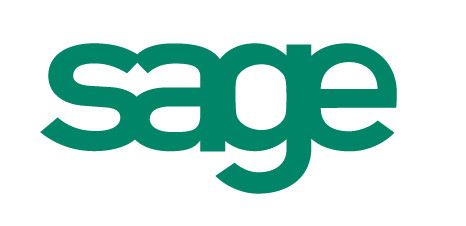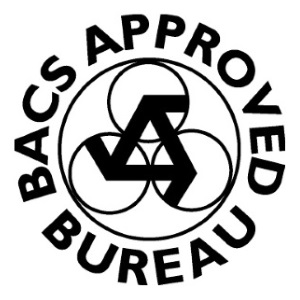R&D Tax Credit: How to make a claim
The lifeblood of a business stems from sustainable, profitable growth. A wide range of companies can grow business by investing in Research and Development (R&D) activities. Whether you want to research or develop an advance in your field, HMRC allows you to claim Corporation Tax relief on your R&D project, even if it was unsuccessful. In this blog, Bennett Verby breaks down HMRC’s guidance on claiming Research and Development tax relief. If you’re ready to start your R&D claim now, please contact us now.
Projects that qualify as R&D:
- Aims to make an advance in science or technology;
- Relates to your company’s trade (existing trade or one you intend to start up based on R&D results)
- Cannot be based on a theoretical field, such as pure maths or social science
To get R&D relief, you’ll need to explain how your project:
- Attempted to discover an advance in science and technology: More specifically, your project must aim to forge an advance in the field, not simply move the needle on your business. In other words, you cannot apply an existing technology for the first time in your field.
- Overcame uncertainty: Uncertainty exists when a subject matter expert cannot say with certainty if something is technologically possible or how it can be carried out – even with the evidence at hand.
- Tried to overcome this uncertainty: Show that the R&D required research, testing and analysis to develop the project. Additionally, you can provide a simple description of the successes and failures faced during the project.
- Could not be easily worked out by an expert or professional in the field: Here, you’ll need to explain why an expert couldn’t easily work out your advance by showing, for example, how other attempts to identify a solution failed. Additionally, you can demonstrate that your own team members are professionals in the field and they can be tasked with explaining the uncertainties involved.
SME R&D Relief:
If you’re an SME with less than 500 staff and a turnover of under 100 million euros or a balance sheet under 86 million euros. SME R&D relief allows your company to deduct an extra 130% of quarterly costs from yearly profit, including the normal 100% deduction, for a total of 230% deduction. You can also claim a tax credit if the company makes a loss (up to 14.5% of the loss).
R&D Development Expenditure Credit (RDEC)
As a large company, you can claim RDEC up to 13% of your company’s qualifying R&D expenditure. RDEC can also be claimed by SMEs acting as subcontractors for a large company. Additionally, you can claim costs on the project from the date you start working on the uncertainty until you develop or discover the advance (or the project stops). Furthermore, you can claim a proportion of the salaries, wages, Class 1 National Insurance contributions and pension fund contributions of staff working on your R&D project. Note that you cannot claim for the production and distribution of goods and service, capital expenditure, cost of land, cost of patents and trademarks, or rent.
To calculate and claim RDEC, please contact one of the experts at Bennett Verby. Our experienced accountants will work directly with you to discuss and prepare your R&D claim, from inception to submission to HMRC. Once you’ve received your payment from HMRC, we can help you ensure the amount reconciles with our calculations.
What else should I be thinking about?
There’s no ‘one size fits all’ solution for limited company directors. The Government measures that have been released may be useful for you depending on the size and nature of your business.
Here’s a brief list of things you could explore, which we have covered separately:
- Cash flow and payments
- Mortgage holidays
- Deferring income tax and VAT payments
- The Coronavirus Business Interruption Loan Scheme
- HMRC Time to Pay Scheme
- Statutory Sick Pay Relief package for businesses
- Business rates holidays
- The Small Business Grant Scheme
As always, we’re here to help you in these uncertain times. If you need advice about any of the above, speak to us about the ways we can help.












